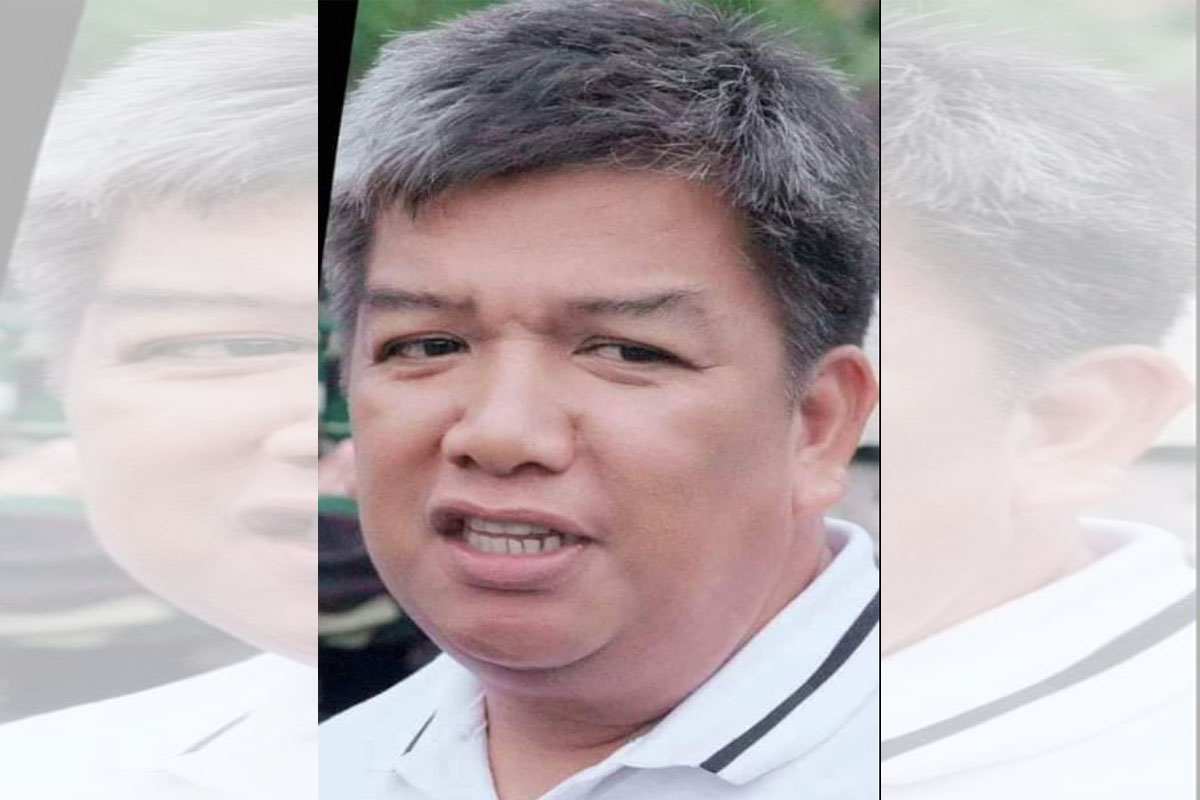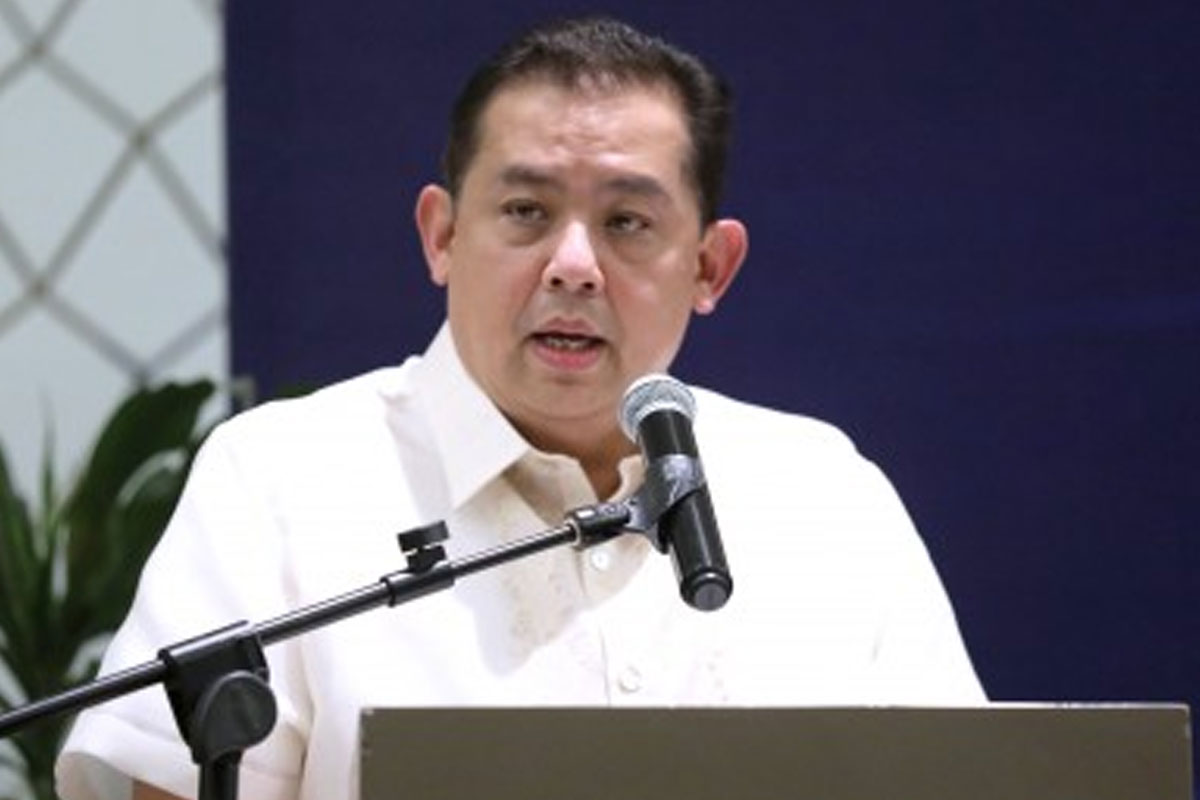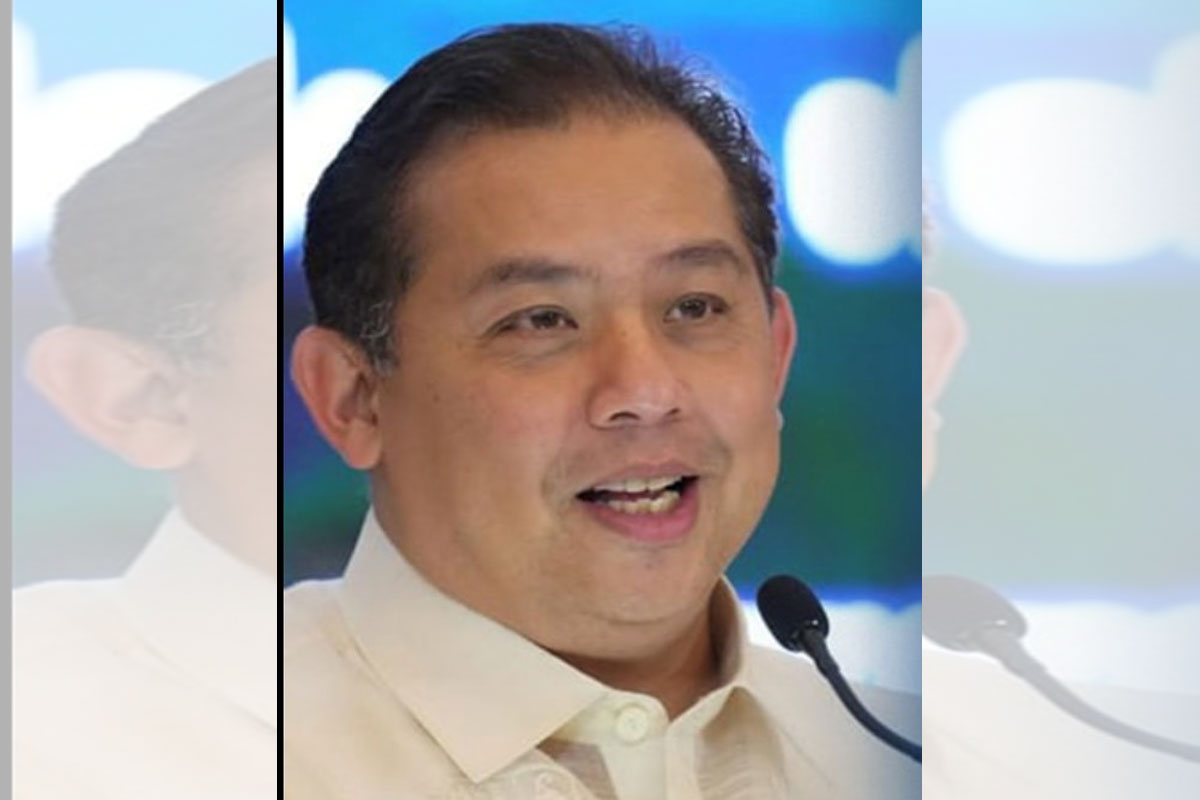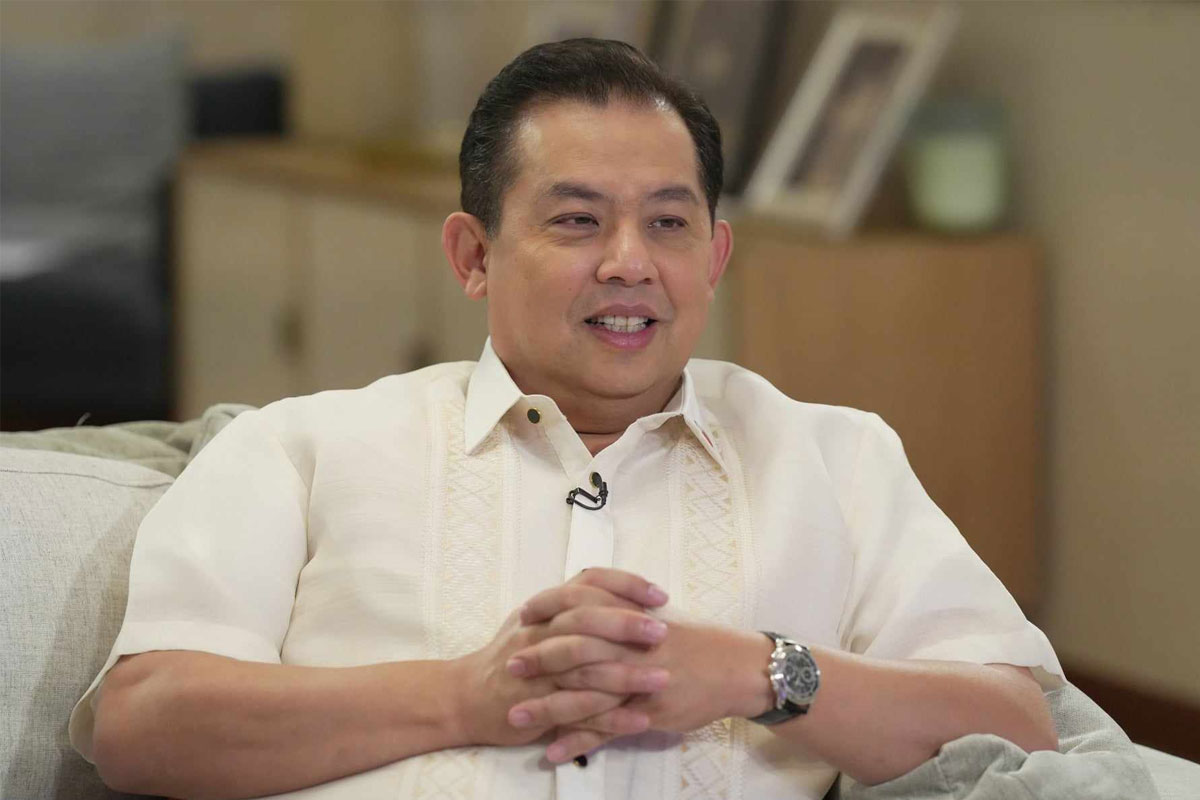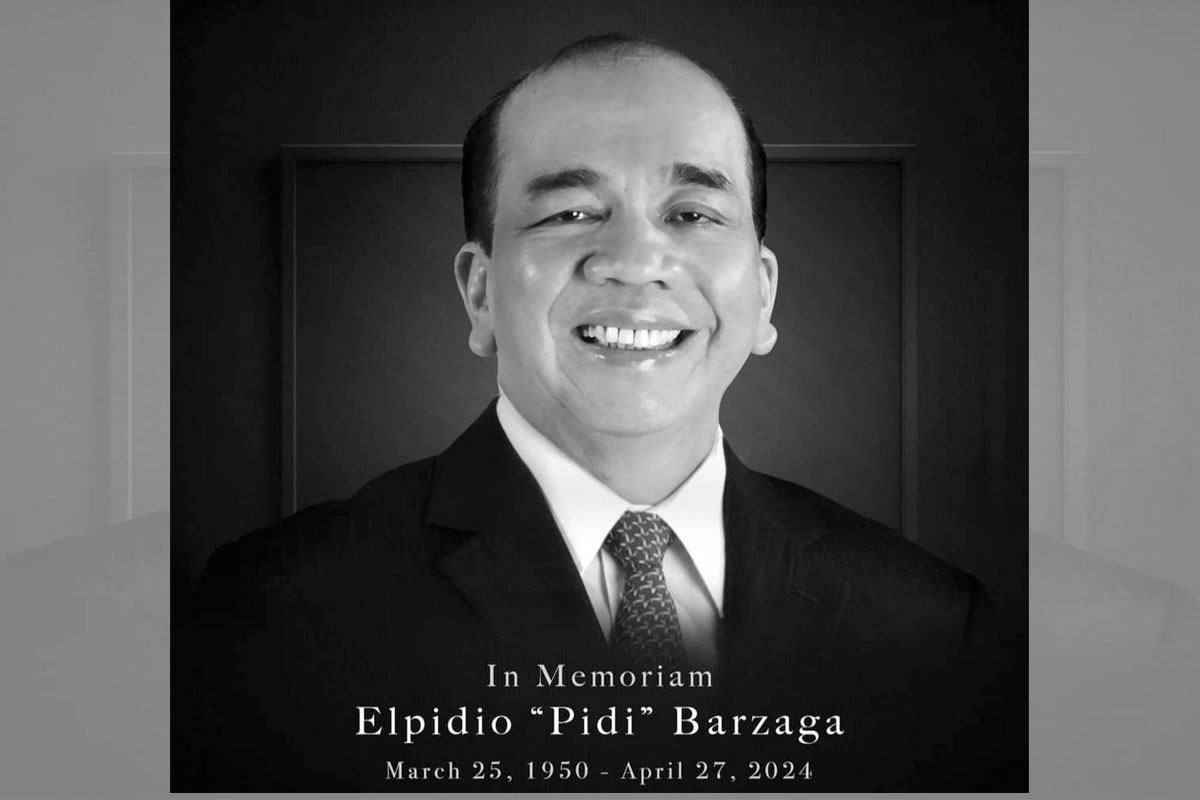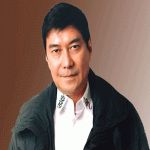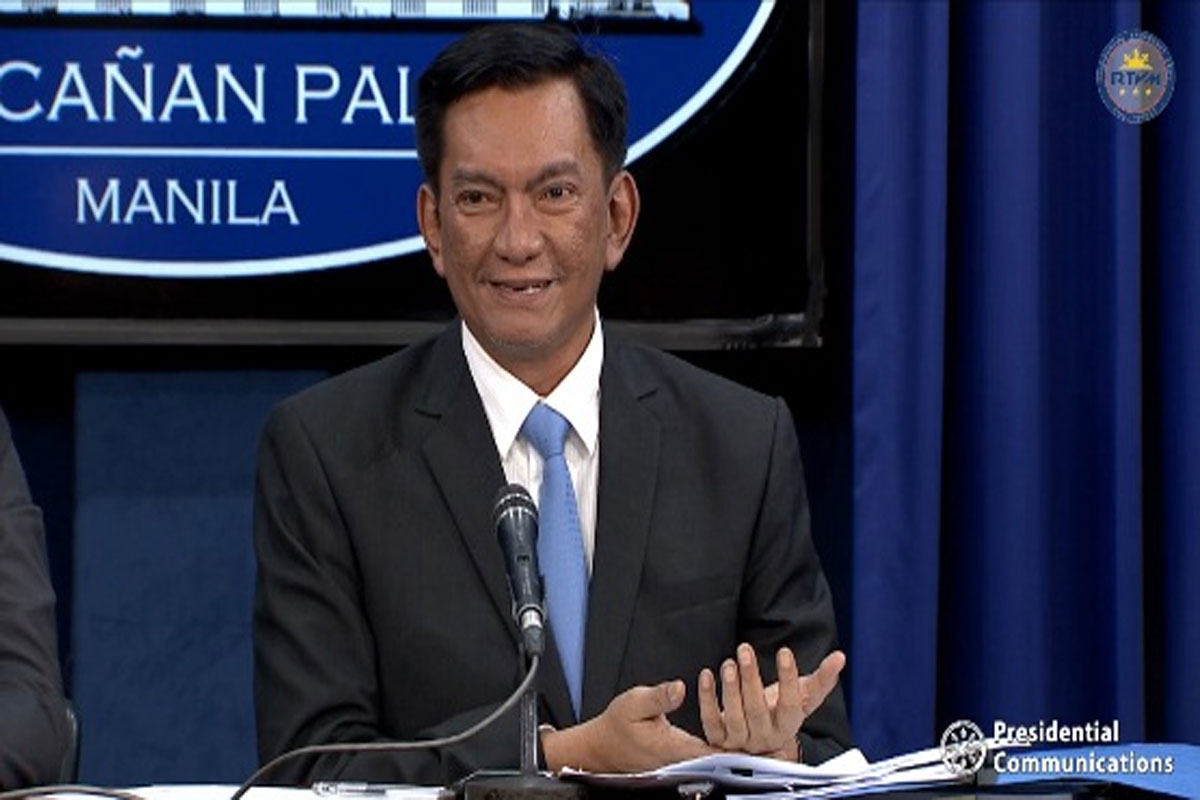
Salceda appeals to lift deployment ban on HCWs
HOUSE Committee on Ways and Means Chairman and Albay Representative Joey Sarte Salceda has appealed to incoming Labor Secretary Bienvenido Laguesma and Migrant Workers Secretary Susan Ople to lift deployment bans for healthcare workers (HCWs) and other in-demand overseas Filipino workers (OFW) jobs on his first week as head of the Department of Labor and Employment (DoLE), “to help mitigate the impacts of currency depreciation and to create jobs for Filipinos.”
“When the peso is cheap, the easiest logical choice is to earn more foreign currency. There is no easier way to do that, in our case, than to allow OFWs to work wherever they wish. Labor mobility is a human right, after all. And in this case, it’s good economics, too,” Salceda said.
Salceda particularly pointed out the deployment ceiling of 6,500 for Filipino healthcare workers.
Last November 2021, the Philippine Overseas Employment Administration (POEA) temporarily suspended the processing and deployment of healthcare workers (HCWs), particularly nurses, as the annual deployment cap of 6,500 had been reached.
“When you think about it, the policy is ‘hideous’. Imagine forcing healthcare workers to stay at home and just suck it up if they have complaints about low pay here. If the point is to keep them during a health emergency, the best way is to pay them right. Besides, if you don’t pay them enough, they won’t work for our hospitals. They’ll just stay at home. So, as a policy, it’s set for failure,” Salceda.
This March, the POEA announced that they are mulling a 7,500 deployment cap this year.
“I appeal to Secretary Laguesma, who has been my friend since the Estrada administration, and to Secretary Ople. Just lift the deployment bans. It’s contrary to sound social policy. It’s also bad economic policy,” he said.
Salceda said that “normally, some 17,000 to 23,000 healthcare workers leave the country every year. They earn around P150,000/month. So, you are foregoing some P18 to 28 billion annual income for Filipino families just for healthcare workers alone. That’s earned income, not income we need to give in ayuda.”
“That represents around 4-5% of OFW remittances every year as well,” he said.
Salceda said he also discussed with incoming Bangko Sentral ng Pilipinas (BSP) Governor Felipe Medalla that the best path to managing the peso’s depreciation is “not to support the currency artificially, but to just earn more dollars” through OFWs and exports.
“That way, the depreciation benefits the economy. It’s not something that scares me. Depreciation has been the national policy in so many of our export-oriented neighbors,” Salceda said.
“OFWs should have the right, barring obvious security and legal reasons, to work wherever they think will help them and their families. It so happens to be good economics, too,” he said.



